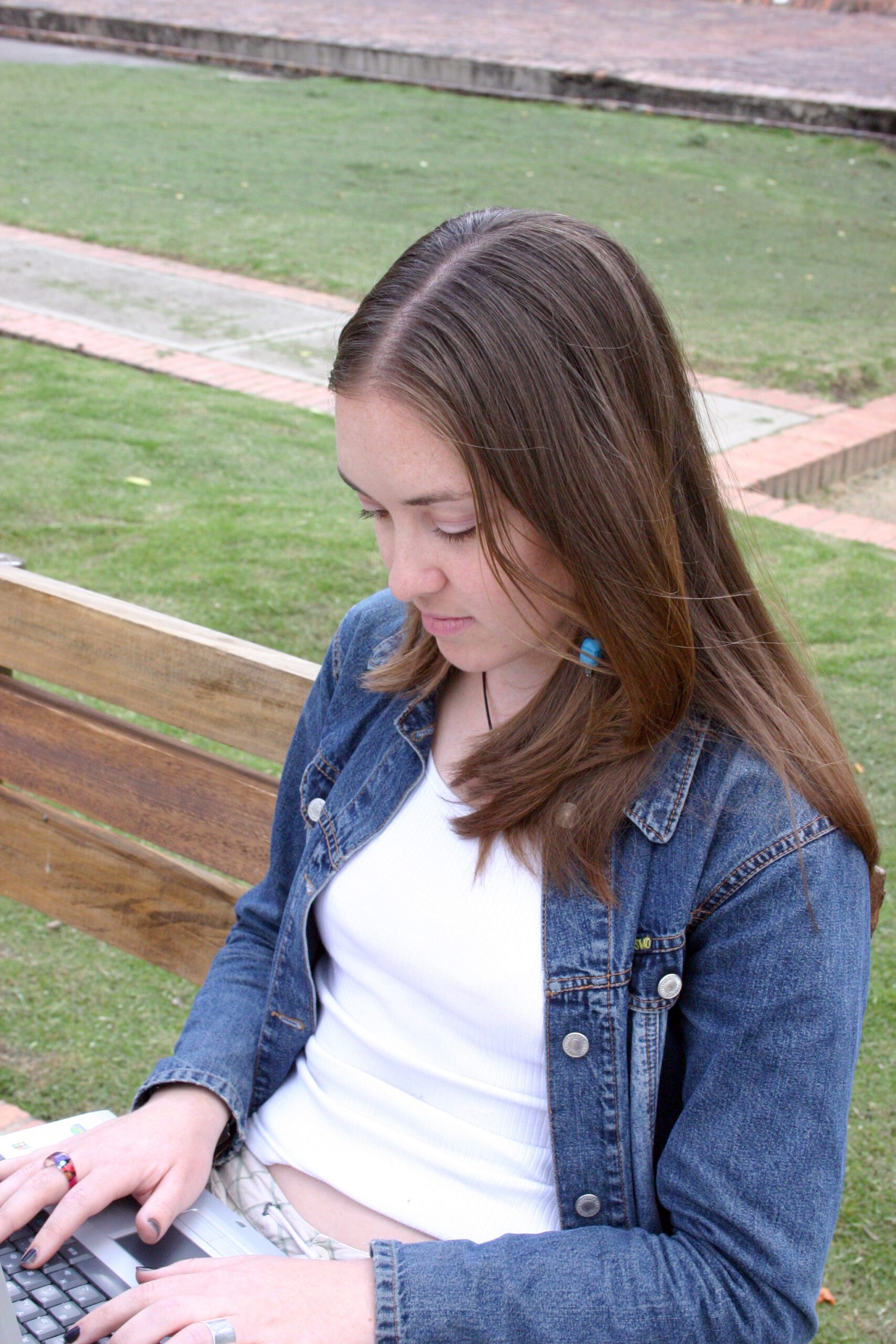It’s that time of year again—back to school.
And back to the many relationships that are often our first awkward attempts at establishing romantic partnerships. Sometimes, we find our high school sweethearts. Other times, we simply stumble through relationships to discover what works for us.
Enthusiastic Consent
Years ago, feminists and sexual health educators fought sexual assault with the slogan “No means NO!” Remember that?
We don’t really focus on that phrase anymore (even though no is always relevant). That’s because waiting for a “no” doesn’t mean you have your partner’s consent.
Focus on getting enthusiastic consent from your partner any time you’re gettin’ it on. Don’t wait for your partner to just say no. Get them to say a “heck, yes!”
Think about it. Are you interested in having a relationship with a partner who is not enthusiastic about being with you? Wouldn’t you rather be with someone who is excited about trying something new?
Consent isn’t just about no. Sometimes, under the threat of violence, some partners will go along with an activity because they are scared of being hurt. That’s not consent.
Drunk or under the influence of drugs? That’s definitely not consent.
Inappropriate age differences? Nope. Can’t consent.
Age of Consent
In Canada, the age of consent is 16 years old (18 years for anything that might potentially exploit someone, like having a relationship with a doctor or teacher). There are exceptions to the age of consent, but they are very particular. For example, if you are 12, you can engage in sexual activity with someone less than two years older (e.g. 13 or 14). If the partner is 16, it would be against the law.
If you would like more information on age exceptions for teenagers, visit our page on consent here. If you are under 18 or have a sexual partner under 18, you need to know all about the age of consent. You can also talk to a counsellor, sexual assault centre, or sexual health centre.
Sexual Activity
You might be surprised by what is considered sexual assault. It is more than forced intercourse. It can be any unwanted touching or kissing.
Someone might touch your body and make you feel uneasy. You might be forced to touch his or her body parts, or be forced to touch your own while they watch. Even being forced to watch pornography or make explicit images (e.g. on a smartphone) is considered sexual assault.
Help
if you think you may have been assaulted, talk to a trusted adult. They may be your school guidance counsellor. If you’re on campus, there are often women’s centres and student service teams who can provide friendly listening and referrals. If you are in a community with a sexual health centre, stop by there.
Finally, Avalon Sexual Assault Centre, based in Halifax, has amazing resources for people who have been assaulted or are simply looking for more information on sexual assault.
Practicing Safer Relationships
Even though consent is a tricky subject, it’s important to know how far your partner wants to go. Before engaging in sexual activity, be honest. Ask them if they’d like to do something—get enthusiastic consent!
If at any point, you sense they are feeling uncomfortable, stop and check in with them. They may want to end the activity, but are not sure how. It’s up to you to communicate honestly with your partners to know if they’re in to what you’re doing.
And remember that it’s okay to say you’d like to stop. Consent can be withdrawn at any time. Even people who are married have the right to decline any activity that doesn’t feel right to them.
We all have a right to control what happens to our bodies. Honest communication is the only way we can respect each other, our needs, and dislikes.
As you head back to school, and back to the many relationships we encounter there, always remember to get enthusiastic consent from your partner!
